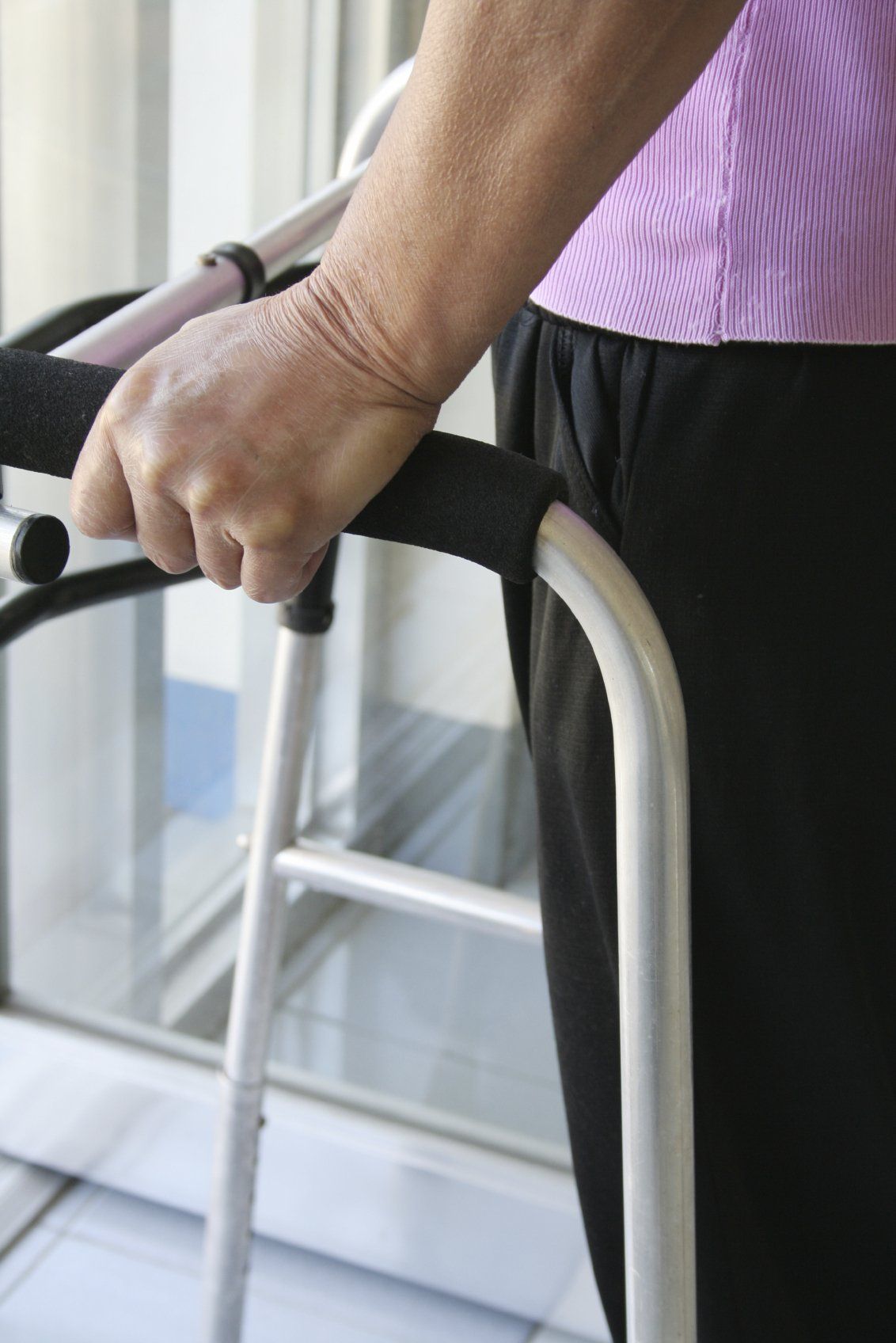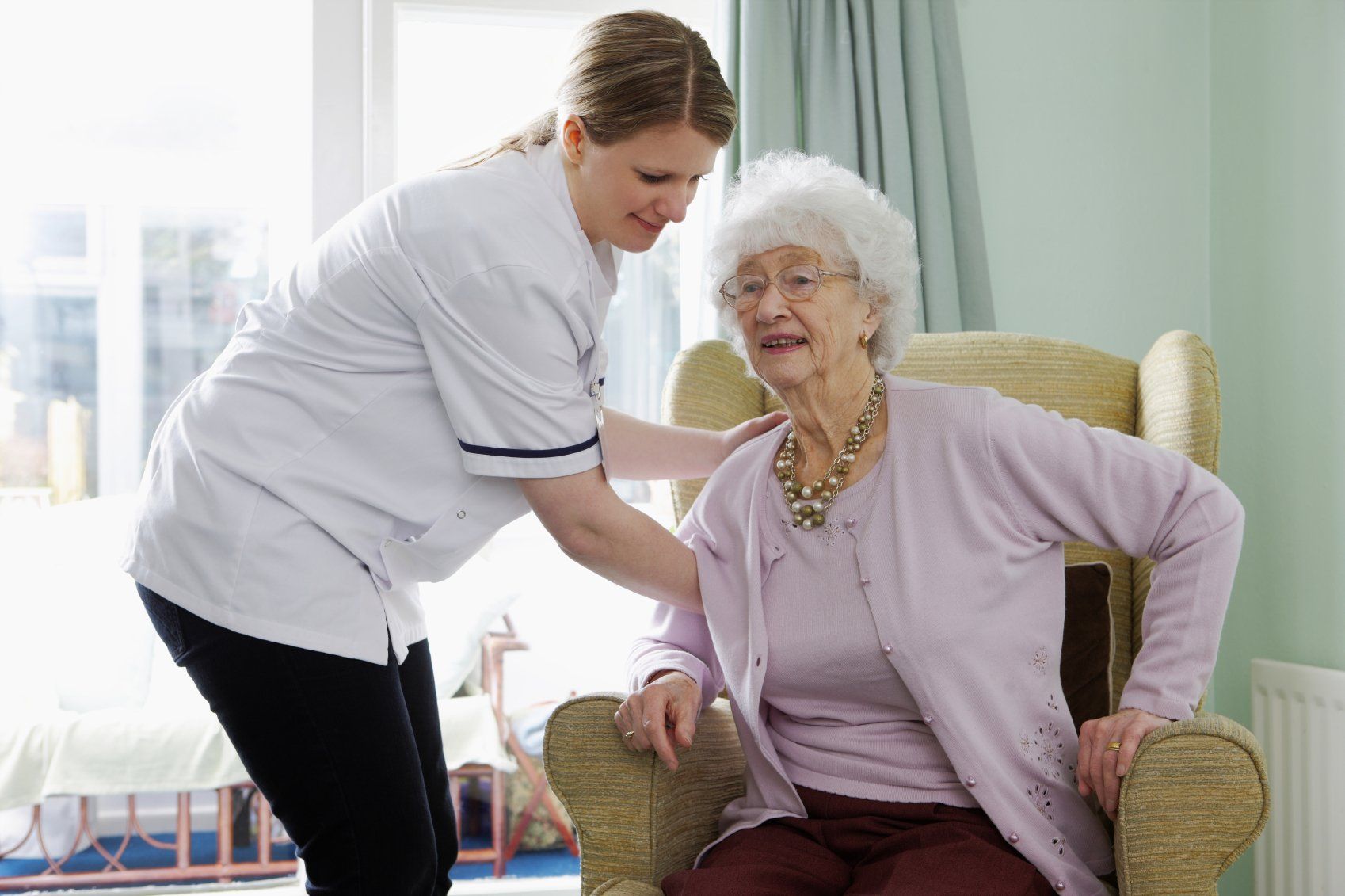About Us
Ann Jones - Proprietor of the Academy - has over 25 years of hands on experience within the care sector.
Being a current Registered Mananger & Owner of the Avalon Care Facilities Group, is also a fully qualified trainer
Reg Num: 601-1636/5
With her Team of Trainers the Academy is able to offer & deliver added value development, whether its in house for one-to-one, small groups or remote at the Academy.
1. Improved Quality of Care
• Enhanced Skills and Knowledge: Training equips health and social care workers with the latest skills and knowledge, enabling them to provide higher-quality care. This leads to better outcomes for patients and clients.
• Person-Centered Care: Training often emphasizes the importance of individualized care, ensuring that services meet the specific needs of each person.
2. Increased Job Satisfaction and Motivation
• Confidence in Abilities: When professionals feel well-prepared and competent, their confidence increases, leading to greater job satisfaction.
• Professional Development: Ongoing training offers opportunities for career progression, keeping employees motivated and engaged in their roles.
3. Compliance with Regulations and Standards
• Understanding Legal Requirements: Health and social care training ensures that professionals understand and comply with legal and regulatory requirements, reducing the risk of non-compliance and potential legal issues.
• Safety and Ethical Practices: Training ensures that care is delivered safely and ethically, protecting both the caregiver and the recipient of care.
4. Enhanced Communication and Interpersonal Skills
• Effective Communication: Training often includes modules on communication, helping caregivers effectively interact with patients, clients, and colleagues, leading to improved relationships and better care outcomes.
• Cultural Competence: Training can also improve cultural awareness and sensitivity, enabling caregivers to work effectively with diverse populations.
5. Reduced Turnover and Recruitment Costs
• Employee Retention: Well-trained staff are more likely to stay in their roles, reducing turnover and the associated costs of recruitment and training new employees.
• Attraction of Talent: Organizations known for offering comprehensive training are more attractive to potential employees, helping to secure top talent.
6. Better Risk Management
• Reduced Incidents: Proper training reduces the likelihood of accidents, errors, and incidents in care settings, promoting a safer environment for both staff and service users.
• Crisis Management: Training prepares staff to handle emergencies and challenging situations effectively, minimizing harm and ensuring a swift response.
7. Improved Health Outcomes
• Preventative Care: Training in health promotion and disease prevention helps caregivers educate and support clients in making healthier lifestyle choices, leading to improved overall health and well-being.
• Chronic Disease Management: For those dealing with chronic conditions, trained caregivers can provide the necessary support and guidance, improving the quality of life for individuals.
8. Empowerment of Service Users
• Independence and Confidence: Training that focuses on empowering individuals helps service users to regain or maintain independence, boosting their confidence and improving their quality of life.
• Informed Decision-Making: Well-trained caregivers can provide information and support that enables clients to make informed choices about their care and treatment.
9. Community and Social Impact
• Support for Vulnerable Populations: Trained professionals can better address the needs of vulnerable populations, such as the elderly, disabled, or those with mental health issues, contributing to a more inclusive and supportive society.
• Promotion of Health Equity: Training in social determinants of health helps caregivers address inequalities and ensure that all individuals have access to the care they need.
10. Increased Professional Accountability
• Ethical Standards: Training reinforces ethical guidelines and accountability, ensuring that health and social care professionals adhere to high standards in their practice.
• Reflective Practice: Training encourages professionals to engage in reflective practice, continually assessing and improving their own performance.



